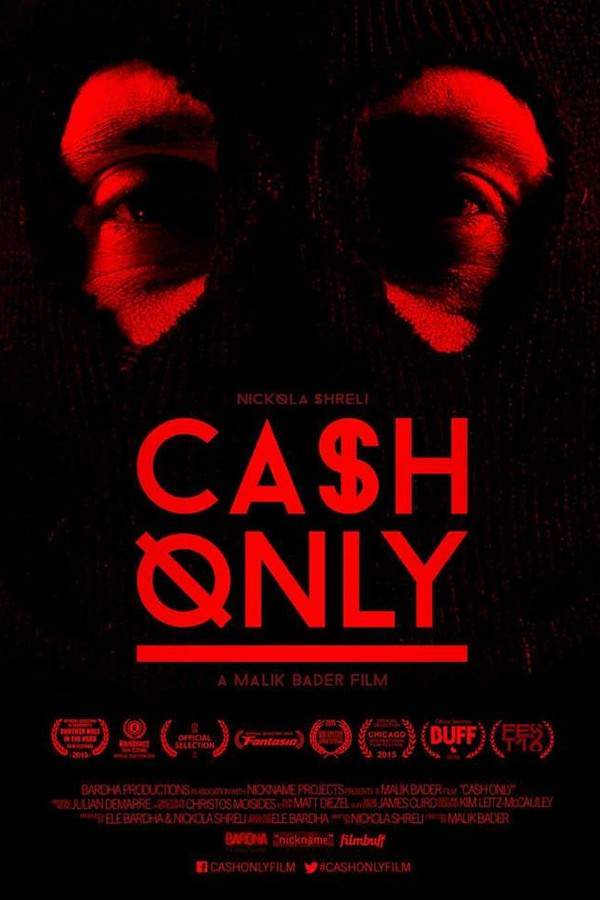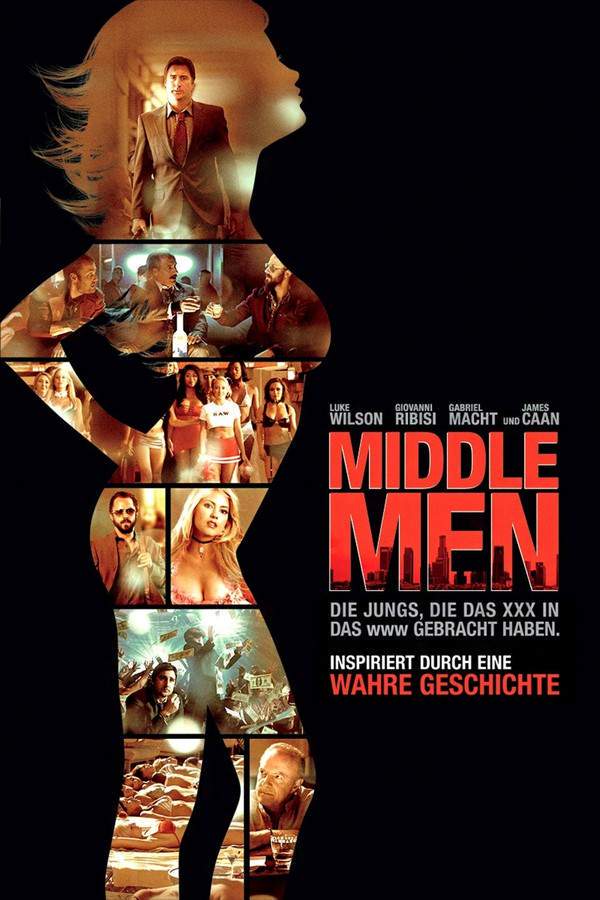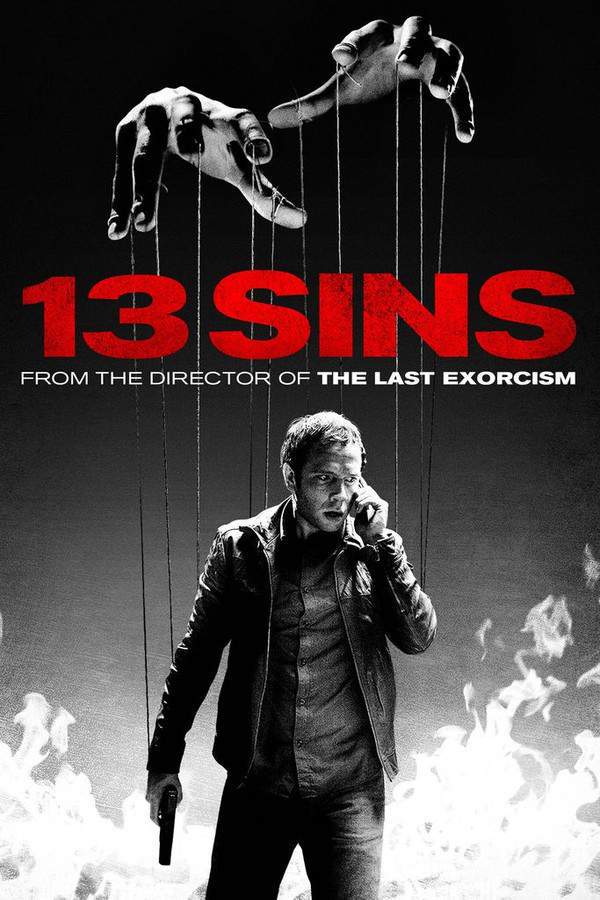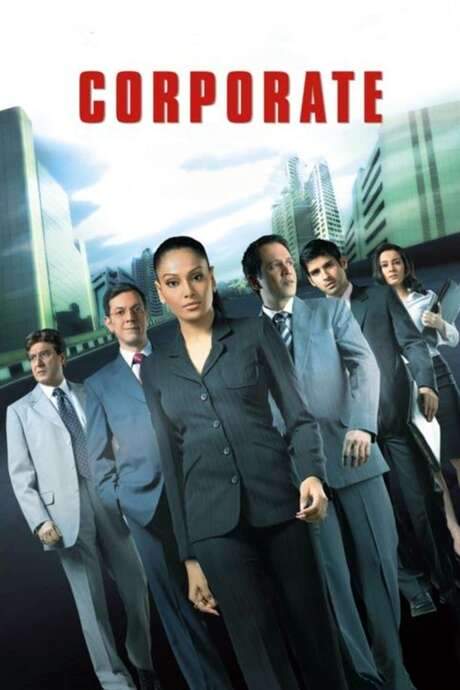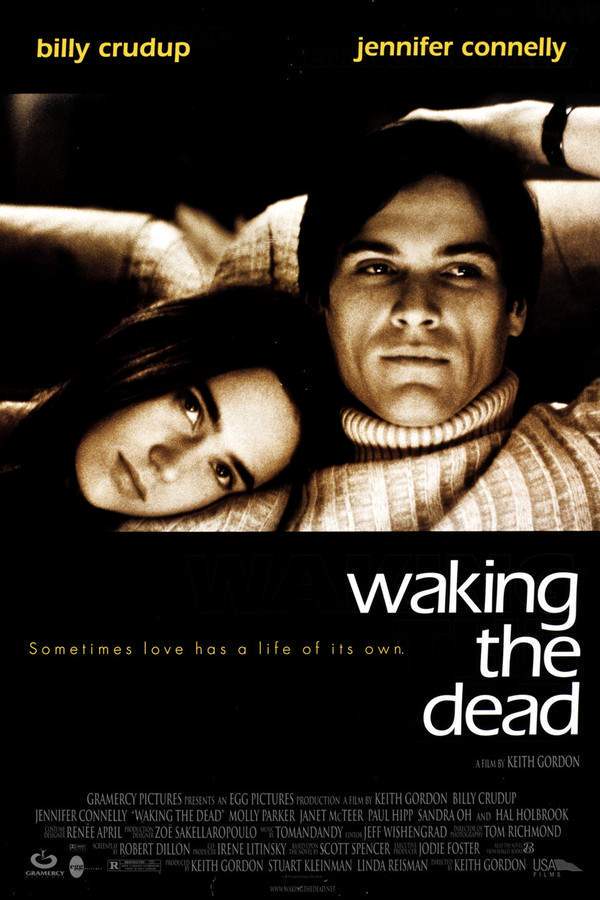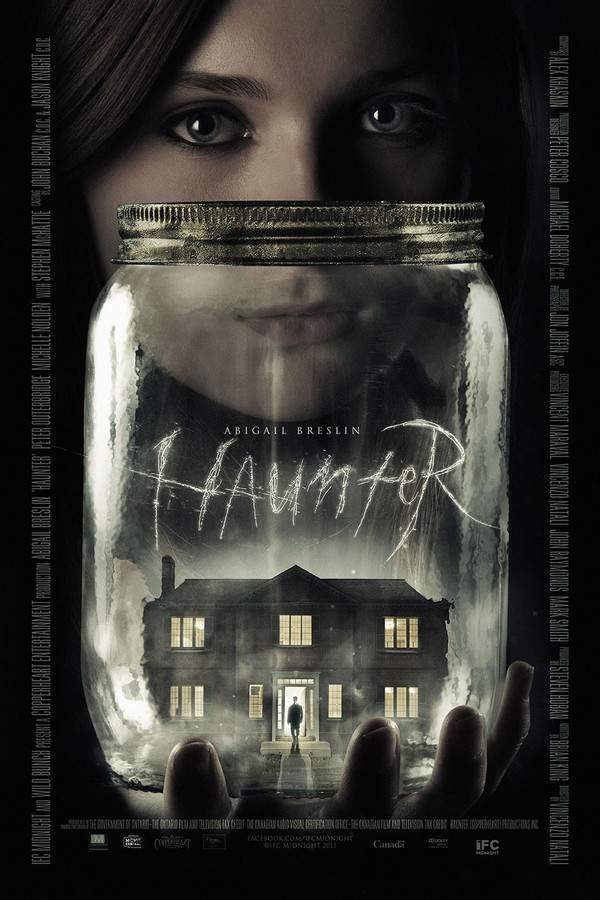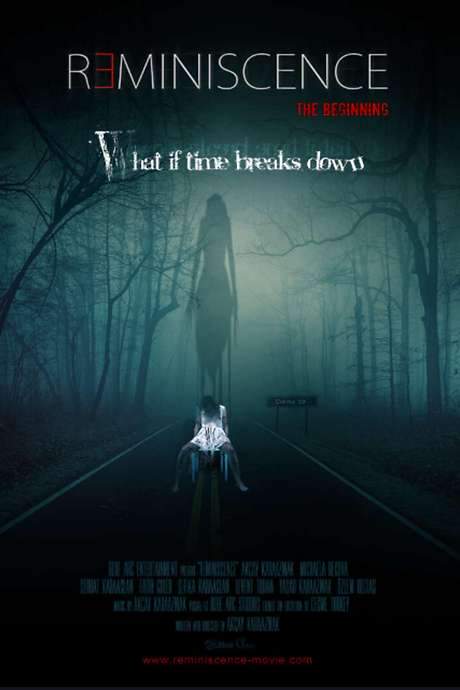
Save the Tiger
Year: 1973
Runtime: 100 mins
Language: English
Director: John G. Avildsen
Harry Stoner manipulates the books, sets fire to a factory and supplies women to his clients, all in a desperate bid to secure another season. Over the span of two days his cut‑throat business tactics begin to clash with his personal life, exposing the cost of his ambition.
Warning: spoilers below!
Haven’t seen Save the Tiger yet? This summary contains major spoilers. Bookmark the page, watch the movie, and come back for the full breakdown. If you're ready, scroll on and relive the story!
Save the Tiger (1973) – Full Plot Summary & Ending Explained
Read the complete plot breakdown of Save the Tiger (1973), including all key story events, major twists, and the ending explained in detail. Discover what really happened—and what it all means.
Jack Lemmon as Harry Stoner lives in a Beverly Hills mansion with a Spanish-speaking maid, a life of luxury that masks a haunted mind scarred by WWII and crushed by mounting business pressures. He is obsessed with his baseball-loving youth, a fixation that flares up as he wakes screaming for the second time that week and acts out pre-war Brooklyn Dodgers games in the bedroom—a wild pitching windup he nostalgically recalls.
His wife, Janet Stoner, Patricia Smith urges him to seek help from a hypnotist, while he explains that every morning he wakes up costs him about $200—money tied to the mortgage, his daughter’s Swiss school, the pool cleaner, the tree surgeon, and a looming need to finance a new fashion line at Capri Casuals. Together with his partner, Jack Gilford as Phil Greene, they run Capri Casuals, a Los Angeles apparel firm struggling to stay afloat, juggling fraudulent bookkeeping and the threat of a potential audit.
Today is the day of a big show for out-of-town buyers, and the tension between Stoner and Greene thickens as they argue about how to cover the remaining gap in funds. The bank offers only 50% on sales, leaving them to find another surge of cash within sixty days. Desperate, Stoner rejects every clean, legal option and even tests the limits of his morality, hinting at torching their Long Beach factory to collect an insurance payout. Their clandestine circle tightens when they meet the arsonist, Charlie Robbins, Thayer David, who has been hired to burn a different business on the ground floor and funnel the flames into their space above. The plan is laid out in a backstage exchange: a $2,500 retainer, a set of keys, and a rendezvous to carry out the fire. Stoner agrees to proceed, instructing Robbins to forget him if everything goes wrong.
Backstage at the fashion show, a different kind of pressure arrives in the form of a wealthy client from Ohio who expects discreet service by a local prostitute, Margo Duka, Lara Parker. The client and his French-speaking assistant are whisked away after a medical emergency—a sudden arterial occlusion—while the rest of the show presses forward. The event itself is a delicate blend of glamour and unease, with the emcee keeping the crowd engaged even as the room weighs the fragility of Stoner’s world. The show is a tentative success, but the undercurrent of risk lingers, and Sid Fivush, a mob-connected financier, Ned Glass arrives backstage with a stark proposal: emergency financing at 200%.
The duo’s desperation intensifies as Stoner and Greene secretly meet Robbins in a blue movie theater, where they pass him the cash and the address for the factory. Robbins delivers a critical caveat: the warehouse is out of compliance with fire safety regulations, and the insurance would not pay out if a fire occurred there. The only option would be to ignite a neighboring business on the ground floor and direct the flames into their own space. Stoner agrees to the plan, but under the condition that he and Robbins maintain some distance from Greene, and that if things go wrong, Greene must disappear from the equation.
As the day winds down, Stoner has a moment of quiet clarity on a baseball field. He comes upon boys playing in the outfield; the ball is hit to his left field fence, and he steps onto the grass to throw a pitch, turning the moment into a poignant reflection rather than a retreat from reality. When the ball sails over the backstop, a child looks up and asks, “You can’t play with us, Mister!” Stoner answers with a soft, lingering smile, a small gesture that hints at the enduring pull of his past and the uncertain fate of his present.
So you could see it one time.
In the end, the film drifts between glittering success and moral peril, painting a portrait of a man who is both a shrewd survivor and a man corrupted by fear—and the people around him, from his devoted wife to his loyal partner and the shadowy financiers, are forced to reckon with how far they’re willing to go to keep the dream alive.
Last Updated: October 09, 2025 at 11:02
Explore Movie Threads
Discover curated groups of movies connected by mood, themes, and story style. Browse collections built around emotion, atmosphere, and narrative focus to easily find films that match what you feel like watching right now.
Movies about desperate business spirals like Save the Tiger
Stories of ambitious protagonists cornered by circumstance into high-stakes moral compromises.If you liked the high-stakes pressure and moral decay in Save the Tiger, explore other movies about desperate business spirals. These films feature protagonists facing financial ruin who make drastic, ethically bankrupt choices, resulting in tense, character-driven dramas with heavy emotional weight.
Narrative Summary
The narrative typically centers on a protagonist facing an imminent professional or financial crisis. Over a compressed timeline, they devise and execute a risky, morally dubious scheme, leading to escalating tension as their personal life clashes with their actions, culminating in a costly pyrrhic victory or a bitter reckoning.
Why These Movies?
Movies are grouped here for their shared focus on the psychological toll of ambition and the dark, tense atmosphere of a protagonist willingly crossing ethical lines. They share a steady, deliberate pacing that builds internal anxiety and a bittersweet or bleak ending that underscores the hollowness of their achievements.
Movies with haunted protagonists like the one in Save the Tiger
Character studies where traumatic memories or nostalgic yearning clash with a bleak present.For viewers who appreciated the melancholic depth of Harry Stoner's character in Save the Tiger, this section features movies with haunted protagonists. These films explore characters grappling with PTSD, nostalgia, or past trauma, whose present actions are shadowed by these memories, resulting in heavy, psychologically rich dramas.
Narrative Summary
The narrative is a character-driven journey where the protagonist's internal conflict with their past—manifested as flashbacks, nightmares, or wistful recollections—directly influences their decisions in the present. This creates a dual timeline effect, contrasting a troubled current reality with an idealized or traumatic past, leading to a crisis of identity.
Why These Movies?
These films are connected by their deep dive into a character's psychology, specifically how unresolved past experiences shape a desperate present. They share a melancholic and nostalgic mood, a heavy emotional weight, and a tone that balances dark current events with poignant, bittersweet reflections on what has been lost.
Unlock the Full Story of Save the Tiger
Don't stop at just watching — explore Save the Tiger in full detail. From the complete plot summary and scene-by-scene timeline to character breakdowns, thematic analysis, and a deep dive into the ending — every page helps you truly understand what Save the Tiger is all about. Plus, discover what's next after the movie.
Save the Tiger Timeline
Track the full timeline of Save the Tiger with every major event arranged chronologically. Perfect for decoding non-linear storytelling, flashbacks, or parallel narratives with a clear scene-by-scene breakdown.

Characters, Settings & Themes in Save the Tiger
Discover the characters, locations, and core themes that shape Save the Tiger. Get insights into symbolic elements, setting significance, and deeper narrative meaning — ideal for thematic analysis and movie breakdowns.

Save the Tiger Spoiler-Free Summary
Get a quick, spoiler-free overview of Save the Tiger that covers the main plot points and key details without revealing any major twists or spoilers. Perfect for those who want to know what to expect before diving in.

More About Save the Tiger
Visit What's After the Movie to explore more about Save the Tiger: box office results, cast and crew info, production details, post-credit scenes, and external links — all in one place for movie fans and researchers.

Similar Movies to Save the Tiger
Discover movies like Save the Tiger that share similar genres, themes, and storytelling elements. Whether you’re drawn to the atmosphere, character arcs, or plot structure, these curated recommendations will help you explore more films you’ll love.
Explore More About Movie Save the Tiger
Save the Tiger (1973) Scene-by-Scene Movie Timeline
Save the Tiger (1973) Movie Characters, Themes & Settings
Save the Tiger (1973) Spoiler-Free Summary & Key Flow
Movies Like Save the Tiger – Similar Titles You’ll Enjoy
Tiger (2018) Movie Recap & Themes
Hum (1991) Film Overview & Timeline
Taking Tiger Mountain (1982) Detailed Story Recap
Tiger Cage (1988) Detailed Story Recap
Man on Fire (1987) Detailed Story Recap
Easy Tiger (2022) Full Movie Breakdown
Tiger in the Smoke (1956) Full Summary & Key Details
Cry of a Prostitute (1974) Detailed Story Recap
Tiger Shark (1932) Movie Recap & Themes
The Scorpion (1997) Plot Summary & Ending Explained
Tiger Bay (1959) Story Summary & Characters
Action of the Tiger (1957) Detailed Story Recap
Save Me (1994) Spoiler-Packed Plot Recap
The Sleeping Tiger (1954) Detailed Story Recap
Burning Days (2022) Movie Recap & Themes



